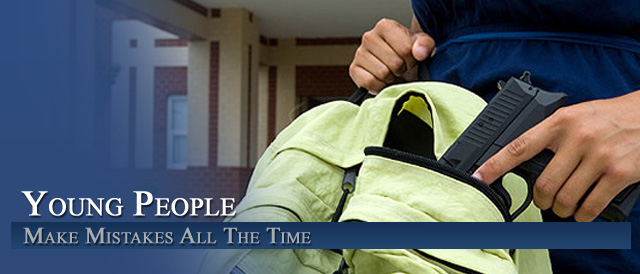
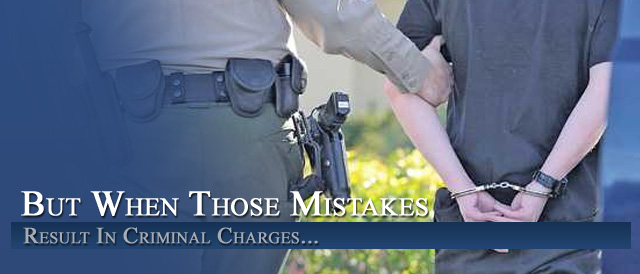
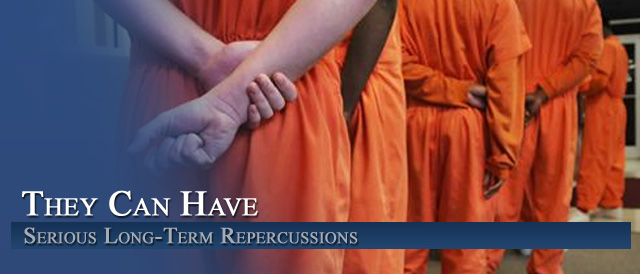
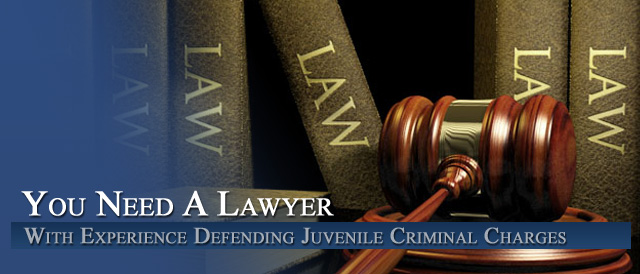
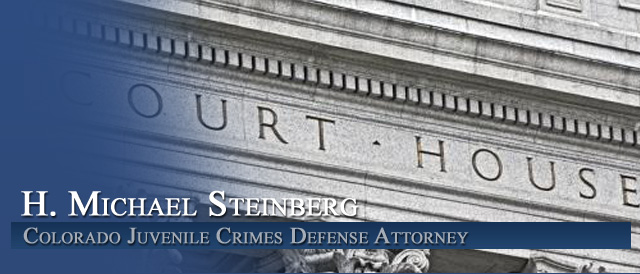
Colorado Criminal Law – A Guide To Police Body Cameras In Colorado Criminal Cases
By H. Michael Steinberg – Colorado Juvenile Crimes Criminal Defense Lawyer
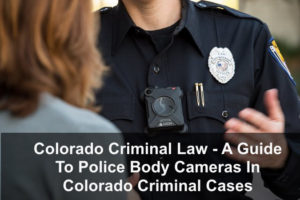 Colorado Criminal Law – A Guide To Police Body Cameras In Colorado Criminal Cases -The impact of video footage in Colorado criminal cases has been path breaking in many cases. However the news is not always good. So called “body cam” footage can establish a defense such as self defense – but it can also establish that a person was clearly intoxicated such as in a DUI case.
Colorado Criminal Law – A Guide To Police Body Cameras In Colorado Criminal Cases -The impact of video footage in Colorado criminal cases has been path breaking in many cases. However the news is not always good. So called “body cam” footage can establish a defense such as self defense – but it can also establish that a person was clearly intoxicated such as in a DUI case.
In Colorado, police body cameras are emerging as yet another piece of equipment that has become part of the standard police “equipment uniform,” ..along with a service revolver, pepper spray, riot baton, stun weapon and bullet-proof vest.
It is a widely held belief that body cameras will become, over the next 10 years, as common a piece of law enforcement equipment as carrying a handgun.
What is so fascinating about this area is the fact that very diverse, even polar opposite interests support the use of police body cameras.
Police body camera legislation in Colorado is supported by groups as diverse as:
- The County Sheriffs of Colorado,
- The American Civil Liberties Union,
- The City and County of Denver,
- The City of Fort Collins,
- The Colorado Municipal League
- The Colorado Criminal Defense Bar Association,
- The Colorado Bar Association,
- The Colorado Organization of Latina Opportunity and Reproductive Rights,
- The Colorado Immigrant Rights Coalition Action Fund and
- Colorado District Attorney’s Council
How Are Body Cams Used By The Denver Police Department
Understanding when the Denver police department starts and stops their body cams or intentionally refrain from recording a police investigation is instructive to this article
The Denver police begin recording while on the way to in-progress calls.
More Specifically, DPD Requires Police Body Cam Activation As Follows:
- During Traffic Stops
- During Pedestrian or Vehicle Contacts
- While en route to In-Progress Calls
- During CIT (Crisis Intervention Team) Calls
- During Calls involving Suicidal Party
- During Weapons or Acts of Violence Calls
- During Foot Chases – (If Safe and Possible)
- During Emergency/Pursuit Driving Calls
- During Warrantless Searches
- During Miranda Advisements
- During Arrests and the Issuance of Citations
- While taking Statements – of Victims/Suspects/Etc.
- At The Officer’s Discretion
- During Adversarial Public Contacts
DPD Requires Police Body Cam De-Activation As Follows:
- When A Scene Is “Stabilized” Or Secure – (“Safe”)
- When Ordered By A Supervisor
- When A Scene Turns To An Investigation Requiring A Detectives Response
- When The Scene Turns Into A Static Post Or Perimeter
- When The Officer Is Asked By A Non-Suspect Citizen
- When Speaking To Medical Personnel
- When It Is Necessary To Have A Private Conversation With Other Officers
- Any Location Where There Is A Reasonable Expectation Of Privacy, (e.g. restroom or locker room)
Body Cam Evidence Falls Under Colorado’s Open Records Act
Colorado’s Open Records Act (CORA) governs when, and under what circumstances, there is access police body camera data.
Police body camera recordings are considered “criminal justice records.” Colorado’s Best Practices Committee for Prosecutors intentionally paces police “body cam” evidence under Colorado Criminal Justice Records Act (CCJRA).
Because police body cam footage capture “official actions” such as arrests, this footage must be made available under the CCJRA. On the other hand, (and this is a subject for a different article) if the footage is not an “official action“ it may be released “at the discretion of the records custodian.”
If this is the case, the records custodian can deny public access “if disclosing the record is contrary to the public interest or the recording is part of an ongoing criminal investigation.”
“Getting” Body Cam Video Evidence To The Jury – The Colorado Rules Of Evidence Apply
While Body Cam evidence is a relatively new kind of “real time” evidence – the rules governing admitting the evidence at trial are the same as all other photographic or exhibits.
Simply stated, video evidence must be relevant to the evidenciary issues before the Court, and it must be properly “authenticated” before it will be admitted to the jury.
Usually body cam evidence is admitted as an exhibit through the police officer who was actually wearing the body camera.
Understanding How To “Authenticate” Video Evidence
Colorado law requires that before video is admitted into evidence and published to the jury, the side that is “offering the evidence” must prove to the Judge that the evidence in question is that side claims.
Authentication is legally accomplished in one of two ways:
I. Specific Identification Authentication
II. Chain of Custody Authentication
I. Specific Identification Authentication – As noted – specific identification is used when a witness is present and personally saw whatever is depicted in the video.
The Colorado prosecutor will hand the witness the exhibit (usually a CD, DVD, or thumb drive) and then ask if the witness has viewed the video and if it “accurately depicts” what the witness saw and or heard at the time of the investigation.
Assuming that the witness answers affirmatively, the video has then been authenticated, and will usually be admitted into evidence, and later shown or “published” to the jury.
II. Chain of Custody Authentication – This kind of authentication has the party offering the video evidence providing testimony as to each of the witnesses who have handled the evidence before trial. The intention here is to demonstrate an “unbroken chain of custody.”
An unbroken “chain of custody” proves that the item was unaltered while it was the care and control of in each of the “chain links.”With regards to the authentication of Body Cam the witness to the events testifies that they were present, saw what transpired at the scene, and that while the video did not come from them, the video accurately depicts what they saw happen.
The Body Cam Footage “Redaction” Court Battle
The typical case where body cam video is available will have one of more body cams recording lengthy amounts of often irrelevant and even harmful footage.
The sides to a Colorado criminal case are both given the opportunity to view ALL of the available body cam video. After reviewing the video each side will then typically edit or “redact” that video to much shorter versions of the video that THEY want the jury to view.
One of the issues facing Colorado criminal defense lawyers is preventing what can often be very damaging video evidence which has been recorded from, perhaps, a misleading “angle of interaction” with the police.
This kind of video often misleading evidence is often referred to as “perspective bias” video – or video which, when viewed from the perspective of the police officer, conveys a false impression.
An Example Of “Perspective Bias” – The Redaction Issue
Consider a confrontation between a police officer and a drunk-and-disorderly person on the street outside of a bar. Let’s agree that the video records the entirety of the “confrontation” at the end of which – the video shows the person pushing the officer. In this situation, The District Attorney will typically attempt to admit video of ONLY the actual alleged assault on the officer and redact the rest.
On the other hand, the Defense will want the footage building up to the alleged assault because, most likely, it will be a self defense case. While the Colorado criminal defense lawyer may agree to redact much of the other footage (the entire video need not be shown) that lawyer will advocate that the District Attorney’s edited version, as redacted, will mislead the jury.
What follows is an “evidenciary hearing” before the Trial Judge where both versions of the redacted video are shown and the “battle” to redact is waged.
The Perspective Battle – How We Interpret What We See In Police Body Camera Footage
In some cases, several officers may have taken video – all from different perspectives. Research has shown that the very nature of body cameras “prioritize” or naturally give greater believability to the police officer’s point of view.
Specifically, current research demonstrates that “when video allows us to look through someone’s eyes, we tend to adopt an interpretation that favors that person.” So explains an expert in this area, Professor Seth Stoughton.
This is the psychological phenomenon known as “camera perspective bias.” Along with “narration bias” (when we are listening to the narrator of the body cam video) it becomes incumbent on criminal defense lawyers to combat – to actually explain, with expert witness testimony if necessary, what the jury is seeing and how to interpret the body cam footage offered at trial.
“People disagree about policing and will continue to disagree about exactly what a video shows.”
Professor Seth Stoughton, a former officer and a law professor at the University of South Carolina has said that:
“…as such (body cam) videos become more commonly used in court to either bolster or dispute the accounts of police officers, people must be careful how they interpret the footage, keeping in mind the cameras’ limits and viewers’ biases.”
In Colorado Courtrooms Police Body Camera Footage Can, If Used Correctly, Play A Key And Vital Role As Defense Evidence – Criminal Defense Lawyers Must Keep Up With The Research
An entire litany of “cognitive biases” exists in all of us. These biases have the potential to individually “filter” body cam footage making objectivity nearly an impossibility. Even one person can see an event from different camera angles and interpret the facts differently.
The best example of this is the “instant replay” we have come to accept in all professional football games. While videotaped evidence is better than no evidence, our version of reality is colored not only by the angles of he camera but by our personal biases, such as which team we are supporting in the game.
Put differently, our brains will accept, and then adopt, an interpretation of video footage that is favorable to the perspective we favor. Even allowing the viewer, such as the jury, more time to deliberate between watching the video and making their assessments, does not reduce the influence of “camera perspective bias.”
It is incumbent on the Colorado criminal defense lawyer to explain camera perspective bias to the jury and to help them understand, again using expert witnesses if necessary, how this evidence impacts what otherwise, may appear to be direct evidence.
What Happens If Critical Body Cam Footage – “Disappears?” The Colorado Laws Governing Lost Or Destroyed Evidence As They Apply To Body Camera Footage
What happens if the Police Officer turns off the body camera?
Prior to the introduction of body camera footage to the courtroom, defense lawyers were left with defending against “our word against yours” testimonial battles with the police or other witnesses.
Today, even with police body cams, it is clear that there are cases when the police will disable recording equipment, delete footage, or simply claim the camera “malfunctioned” in an effort to try to regain their superiority in the testimonial battle in court.
There are even some officers who will repeatedly “forget” to activate their cameras when they are about to investigate a “controversial” case.
While some groups, such as the ACLU, advocate for a “No Tape, No Testimony” ACLU.
While missing, damaged, or destroyed evidence is a serious problem in the criminal justice system, the system makes it nearly impossible to “punish“ the prosecution in a significant way.
Where critical video evidence is improperly stored, completely deleted or destroyed, or perhaps never recorded, the Defense should file what is called a Trombetta-Youngblood motion that is based on a violation of the Defendant’s right to a due process.
The problem is this – the burden of proof on the Defense to win such a motion places a nearly impossible bar to establish a clear harm from the loss of evidence. To win such a Motion the Defense is required to prove that the state acted in bad faith in losing or destroying evidence, or they would need to show that missing evidence contained something that would clearly have been exculpatory (clearly proving innocence).
As a practical matter, proving the evidence was destroyed or damaged or missing was an act of bad faith or that is would have been exculpatory is a difficult, if not almost impossible task
In Colorado to win a Trombetta – Youngblood Motion, the Defense must meet these tests: (People v. Braunthal, 31 P.3d 167 (Colo. 2001))
(1) the defendant has to prove that the evidence was destroyed by state action and that the evidence which was destroyed was material evidence;
(2) the evidence possessed an exculpatory value that was apparent before the evidence was destroyed;
(3) and the evidence had to be of such a nature that the defendant would be unable to obtain comparable evidence by other reasonably available means.
In People v. Abdu, 215 P.3d 1265 (Colo. App. 2009), the Colorado Court of Appeals held, in a
Second Degree Assault where critically important videotape was erased, that:
“Unless defendant can show bad faith on the part of the police, the state’s failure to preserve potentially useful evidence — of which no more can be said than that it could have been subjected to tests, the results of which might have exonerated the defendant — does not constitute a constitutional violation.”
A Closer Look At The Colorado “Trombetta-Youngblood” Lost Or Destroyed Evidence Motion
The Youngblood case sets up a two-step analysis that a Colorado Judge will follow in your case:
Step I. – Was the Evidence “Favorable” Or “Exculpatory?”
Essentially “exculpatory evidence” is evidence that points to innocence. Favorable evidence is evidence can help you case, but it need not “make your case.”
If the Defense can clearly show that video “body cam” evidence that was mishandled or destroyed, and it clearly could have helped your case, there is a clear violation of your Constitutional rights and you will likely win the motion.
On the other hand if you cannot establish that the video evidence was exculpatory, the Judge will proceed to Step 2.
Step 2 – Did The Law Enforcement Agency Exercise Bad Faith In This “Lost Or Destroyed” Scenario?
If the Defense cannot show that the lost evidence was clearly favorable, the Colorado trial judge goes on to the second step – a showing of bad faith.
Bad faith on the part of the police is nearly impossible to show. The Defense must prove that when the police mishandled the evidence, it was done with “ill intent,” out of spite, or with a desire to hurt your case – essentially intentionally destroying a piece of evidence as opposed to a result based on negligence or accident.
Proving that law enforcement “intentionally” tampered with or destroyed video evidence is a very difficult thing to do. Even the Defense fails at this Motion – I would encourage the effort as the defense lawyer never knows that might be uncovered.
Good Luck. H
Colorado Criminal Law – A Guide To Police Body Cameras In Colorado Criminal Cases
If you found any of the information I have provided on this web page article helpful please click my Plus+1 or the Share buttons for Twitter and Facebook below so that others may also find it.
The reader is admonished that Colorado criminal law, like criminal law in every state and at the Federal level, changes constantly. The article appearing above was accurate at the time it was drafted but it cannot account for changes occurring after it was uploaded.
If, after reading this article, you have questions about your case and would like to consider retaining our law firm, we invite you to contact us at the Steinberg Colorado Criminal Defense Law Firm – 303-627-7777.
Never stop fighting – never stop believing in yourself and your right to due process of law. You will not be alone in court, H. Michael will be at your side every step of the way – advocating for justice and the best possible result in your case. H. Michael Steinberg is passionate about criminal defense. His extensive knowledge and experience of Colorado Criminal Law gives him the edge you need to properly handle your case
 ABOUT THE AUTHOR: H. Michael Steinberg – Email The Author at:
ABOUT THE AUTHOR: H. Michael Steinberg – Email The Author at:
A Denver Colorado Criminal Defense Lawyer – or call his office at 303-627-7777 during business hours – or call his cell if you cannot wait and need his immediate assistance – please call 720-220-2277.
“A good criminal defense lawyer is someone who devotes themselves to their client’s case from beginning to end, always realizing that this case is the most important thing in that client’s life.”
You should be careful to make a responsible choice in selecting a Colorado Criminal Defense Lawyer. We encourage you to “vet” our firm. Over the last 35 plus years – by focusing ONLY on Colorado criminal law – H. Michael has had the necessary time to commit to the task of constantly updating himself on nearly every area of criminal law, to include Colorado criminal law and procedure and trial and courtroom practice.
Putting more than 40 years of Colorado criminal defense experience to work for you.
H. Michael works hard to get his clients the best possible results in and out of the courtroom. He has written, and continues to write, extensively on Colorado criminal law and he hopes this article helps you in some small way – Colorado Criminal Law – A Guide To Police Body Cameras In Colorado Criminal Cases.
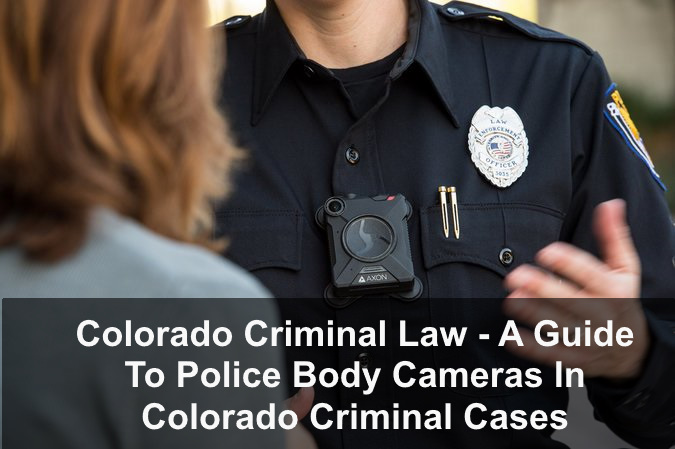
Other Articles of Interest:
- Colorado Juvenile Law – When Your Child Is Arrested – What To Do – A Guide For Parents
- Why You Should Hire A Lawyer In A Juvenile Criminal Case At The Investigation Stage
- If Your Child Is Arrested In A Colorado Juvenile Criminal Case – Some Tips For Parents From A Colorado Juvenile Criminal Defense Lawyer
- The Arrest of Juveniles In Colorado – Colorado Criminal Juvenile Law Part I of II
- Colorado Juvenile Law – A List of Legal Terms To Help You – List II of II












